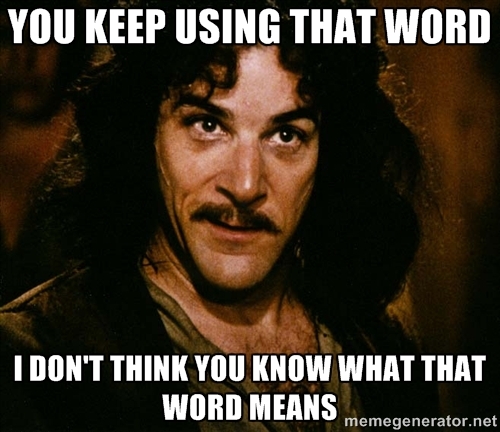dkersey
Straight
Had something interesting happen at a monthly game last Friday.
Background: Home game, 1/2 NLHE, lots of aggressive play, lots of re-buys, within an hour, we had 3 rebuys at 200, by end of night usually about 4k-5k in play. The players are serious to real good, no grinders or pros, just some guys like to throw around some money on Friday nights.
About an hour and half into play...this hand. Player 1 (P1) bets $17 preflop, 2 callers. Flop is 7 9 T, P1 bets $50, P2 calls, P3 folds. Turn is another 7, P1 (who is big stack) bets All-In, P2 snap calls. P2 shows 8 J (for a straight), P1 shows most of the table KK and says something to the effect of "you got me, I can't win". All 4 cards are placed face up on table, and P1 grabs all 4 cards and proceeds to turn the cards over as if the hand is over. Meanwhile, the dealer deals the river card, a 7, giving P1 a Boat.
P1, who previously said, "I can't win", claimed the pot. P2 protested that P1 mucked his cards, and he should get the pot (which BTW, was probably around 450). Much arguing ensued. There is no arguing that he did/didn't have KK. The question is really - did verbally conceding the hand constitute a mucking of cards.
We left it up to the host, who ruled, cards speak since the KK was not in question and the better hand won (P1). P2 had already rebought 1 and was in 400, politely said good night and walked out. Ironically, P1 who argued that he should win the pot, admitted that in a casino, they would have been considered mucked and he would have lost the pot.
Discuss!
Background: Home game, 1/2 NLHE, lots of aggressive play, lots of re-buys, within an hour, we had 3 rebuys at 200, by end of night usually about 4k-5k in play. The players are serious to real good, no grinders or pros, just some guys like to throw around some money on Friday nights.
About an hour and half into play...this hand. Player 1 (P1) bets $17 preflop, 2 callers. Flop is 7 9 T, P1 bets $50, P2 calls, P3 folds. Turn is another 7, P1 (who is big stack) bets All-In, P2 snap calls. P2 shows 8 J (for a straight), P1 shows most of the table KK and says something to the effect of "you got me, I can't win". All 4 cards are placed face up on table, and P1 grabs all 4 cards and proceeds to turn the cards over as if the hand is over. Meanwhile, the dealer deals the river card, a 7, giving P1 a Boat.
P1, who previously said, "I can't win", claimed the pot. P2 protested that P1 mucked his cards, and he should get the pot (which BTW, was probably around 450). Much arguing ensued. There is no arguing that he did/didn't have KK. The question is really - did verbally conceding the hand constitute a mucking of cards.
We left it up to the host, who ruled, cards speak since the KK was not in question and the better hand won (P1). P2 had already rebought 1 and was in 400, politely said good night and walked out. Ironically, P1 who argued that he should win the pot, admitted that in a casino, they would have been considered mucked and he would have lost the pot.
Discuss!

